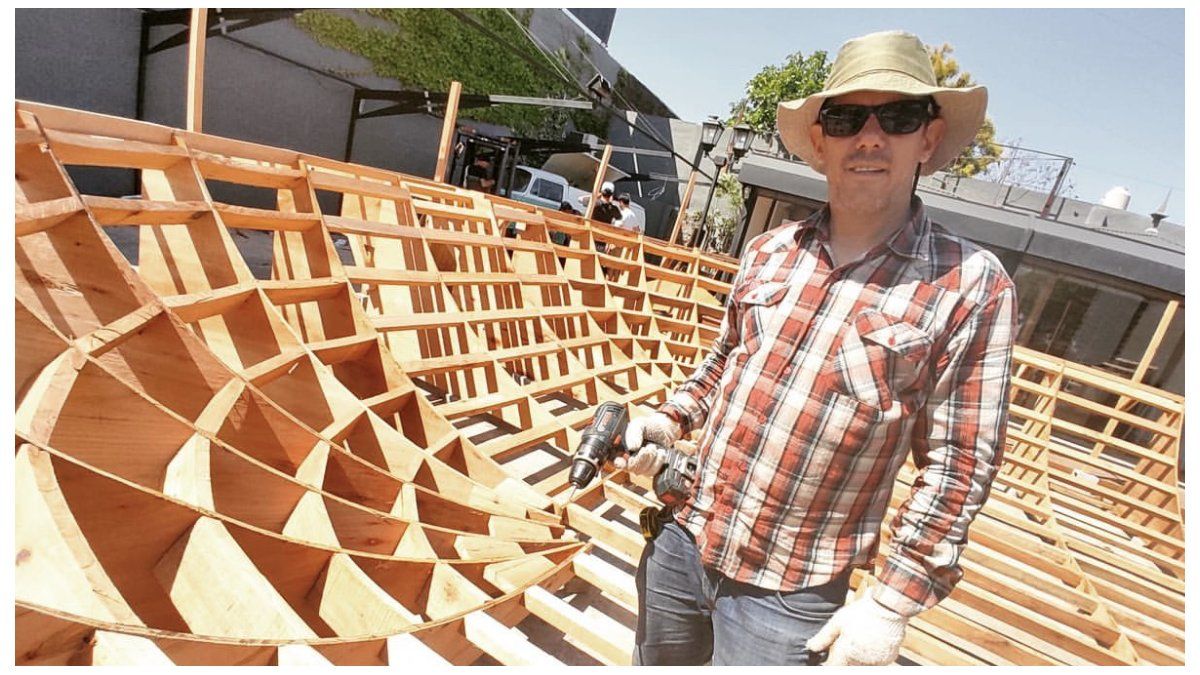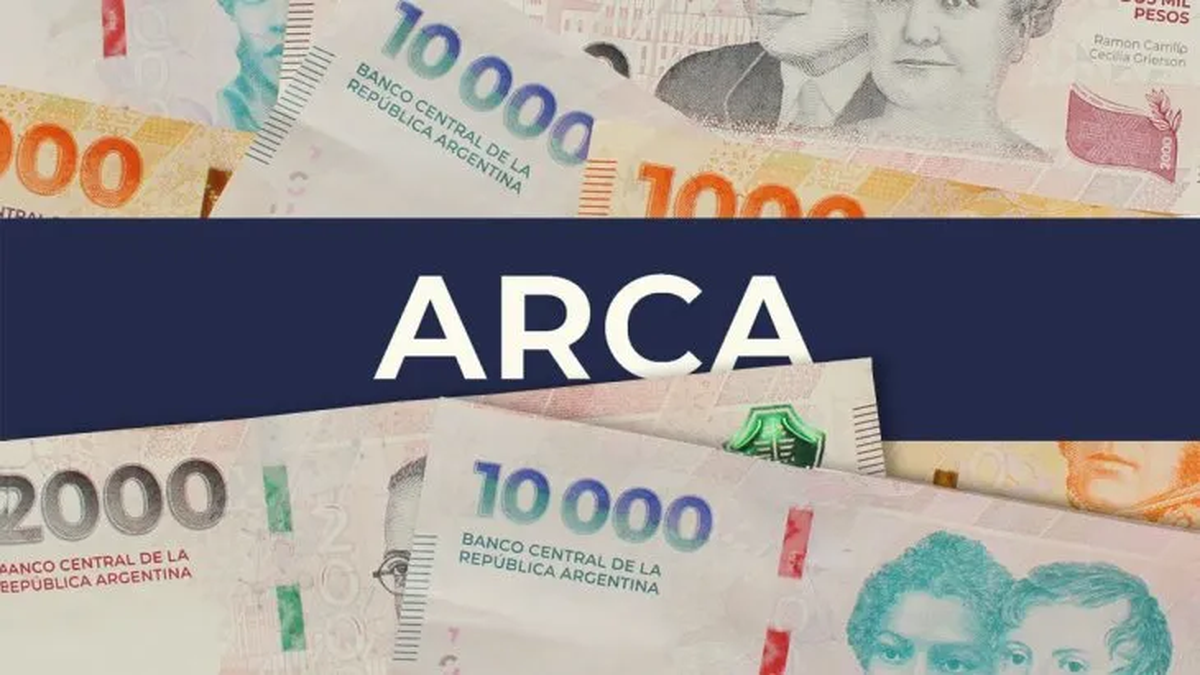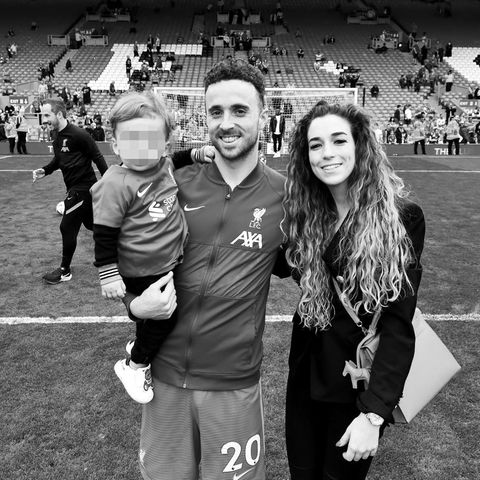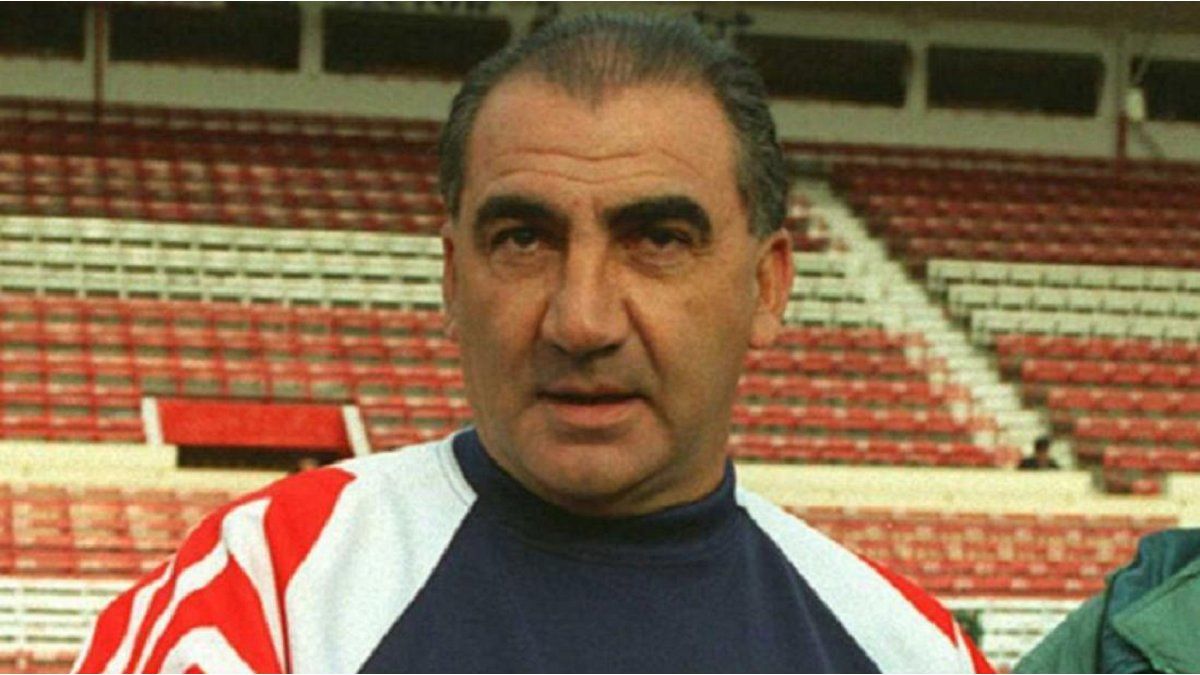Nothing was easy for Pibotto in their life. On the contrary. It still shocks him to remember the tumultuous childhood he lived with a mother with alcohol problems and a father prone to violence, who ended up committing suicide when he was 24 years old. “They were difficult times, with very remarkable events, with fights, blows, blood…. Then, when they parted ways, there was a bit of peace but never quite.”recalls Martín, who was still sleeping one morning when he heard the phone and a message on the answering machine.
It was the cleaning woman at his father’s house, who urgently required his presence due to a serious event at that address. She thought the worst because she knew her father, with whom she had lived for months… And when she arrived, she confirmed it: he had committed suicide with a shotgun. “I will never forget the scene when I entered the bathroom…”, he remembers, avoiding the details that are still spinning in his mind. And her soul.
Skateboarding, then, became his lifeline, since he was five years old, when an 11-year-old neighbor who was walking gave him a board brought from the USA. “From there I competed in all categories, even among professionals, up to the age of 18. But, of course, it was another era: skateboarding was very marginal, almost not considered a sport. There was great prejudice, they yelled at us on the street and threw us out everywhere, even with the Police… Sponsors, if you had them, it was by exchange. Clearly you couldn’t live on that. Today it is also very difficult, but before it was directly impossible.”, remember. When she entered college, then, she had no motivation to continue competing.
Martín kept walking as a hobby until life put him at a crossroads. “When my father committed suicide, I had to take care of everything. Until then I worked as a son, studied and skated. My old man left us almost nothing and I had to start working. He gave private classes for high school and I worked in vaccination campaigns. Until I had to make a decision: I was looking for a job as a cadet or something similar, or I was looking for a return to my sport, skateboarding”review.
The decision was to continue in what he knew well, his sport. He put together a good resume and within two months he was the team manager of a major company (the now defunct LA Gear). He put together skate, BMX and roller teams to do actions and events. And, at the same time, he organized various events and exhibitions in CABA schools for three years. “About 400 -he recalls- that drove the boys crazy,” he says. Then it occurred to him to be a pioneer in teaching.
“I wondered why there couldn’t be skate schools, when the rest of the sports had… And I started, with such great success that we even reached clubs and countries. I spent 14 years teaching (2000-2014), still today I meet people who tell me that I taught them”says.
One of them was a former Sports Director of the province of Buenos Aires, a contact that allowed him to skate in the Buenos Aires Games, in 2016. By then he was already the president of the Argentine Skate Association and that milestone was the last of his tenure. For this epoch, Pibotto He had spent years managing public space and thinking that it was essential to have more slopes in the country. And, with his experience, he began to design. The first was in 2009, in Catamarca. It was only the fourth in the country, at that time.
“I was there for four months and I was lucky to come across a builder who taught me a lot,” he says. Thus he went from design and documentation (plans) to also deal with construction. “Not everyone can do them, many mistakes are made if you don’t know about the sport and you think that because you built buildings, you can put together skate parks,” he clarifies.
Today it has, between designed, supervised and built, more than 120, with four in progress, an Olympic one in Avellaneda, two Street ones in Vicente López and Maschwitz and one of both specialties in the Children’s Republic. The most important ones already made are that of Tecnópolis, Pachá, Converse, Mataderos, Parque O’Higgins in Mendoza and, of course, that of Pocito (San Juan), the first Olympic of both modalities in the country, with the worldwide homologation for Park (bowls).
“Personally, it is a huge recognition that they gave it to me, that it turned out so well in such a short time (50 days) and that today it can host a World Cup date. This tournament in the country is an unprecedented event and being able to be here, as a coach and builder, that the best in the world are on this track is a very special feeling”recognizes Pibotto.
The importance of this competition is great because, usually, the tournaments in America are in the United States or Brazil. The first date was in Rome, the second in Dubai and now in San Juan, in Park.
The team is made up of six boys (Sandro Moral, Juan Pablo Mateos, Martín Toyos, Valentino Damico, Santo Sasson and Gael Dobobarnes) and three girls (Mecu Videla, Ailín Arzúa and Evelin Enriquez). “Park is not our best modality. Street is better for us because here we have more tracks of that style and few bowls. Today, in Street, we have Matías Dell Olio ranked No. 8 in the world and Mauro Iglesias, 12th, when 20 qualify for Paris 2024 ”, he reports.
The day ends in San Juan and Martín looks back. On the track that he built. And in his life. “It is very special to be here. After all that I’ve been through, being able to get ahead in life and have managed to walk my path and earn a living doing what I’m passionate about is a great source of pride”, he admits, without being bothered by having become a true go-getter, a man orchestra that went through each of the functions.
“It was the only start in a sport with a small market. It has been a pleasure to teach, disseminate, sow, build… And almost touch the sky with your hands to be able to live from what I like ”, he analyzes, without forgetting his family. “I was able to form my best team, with two children and my wife Agustina, who is a skater like me and I met her on a track,” she says. And of course, Martín, it could not be otherwise.
Source: Ambito
I am Pierce Boyd, a driven and ambitious professional working in the news industry. I have been writing for 24 Hours Worlds for over five years, specializing in sports section coverage. During my tenure at the publication, I have built an impressive portfolio of articles that has earned me a reputation as an experienced journalist and content creator.




